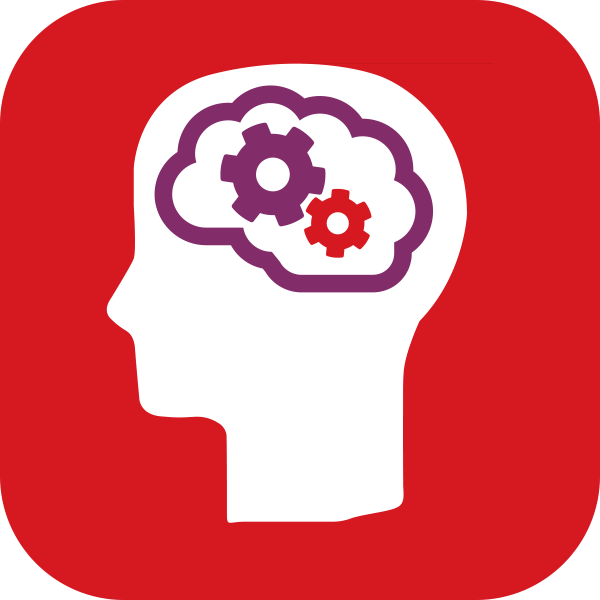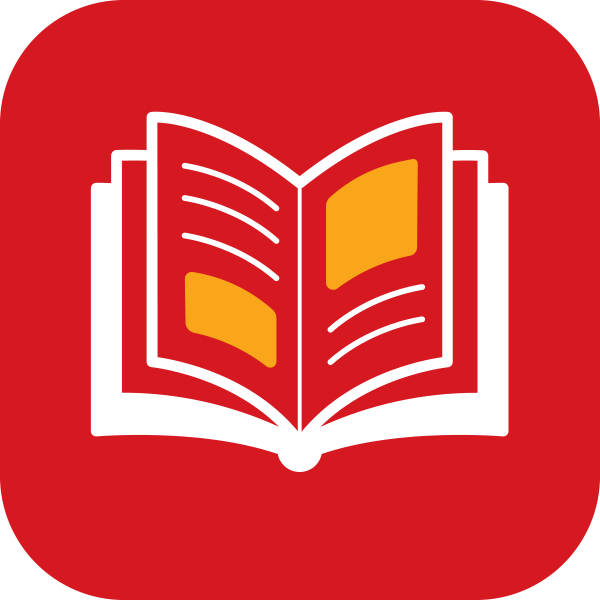At Dunshaughlin Community College in Ireland, teachers waste no time in getting to know the strengths and weaknesses of their students by using GL Assessment’s Cognitive Abilities Test 4: Irish edition (CAT4) and the New Group Reading Test (NGRT). Located in County Meath, Dunshaughlin Community College educates around 1,000 12 to 18 year olds.
The school welcomes students from approximately 10 feeder primary schools, so being able to build individual profiles helps considerably in planning appropriate lessons says Mary Everard, Assistant Principal.
“I had been looking for a while for an assessment that would give us a breakdown of the reasoning ability and potential of our incoming students. Previous tests only provided us with information on verbal reasoning abilities.
“As a trained educational psychologist, I liked the fact that CAT4 looks at four different areas of reasoning; verbal, non-verbal, spatial and quantitative. This gives us a comprehensive overview and allows us to build a profile of the whole child. It means we can adjust teaching content and styles to do justice to the child straight away. It also gives us a baseline from which to set targets.”
Working together
The college uses CAT4 Irish edition, which has been fully standardised for Ireland and is one of the formal assessment recommendations from the Department of Education. It is available in paper and digital formats for students aged 7 to 17+ years.
The college also assesses incoming students’ reading and comprehension skills using the New Group Reading Test (NGRT).The digital version automatically adapts to the reading ability of the student, so children of different reading abilities will see different versions of the test.
Mary explains: “We are working on the national strategy to improve, promote and enhance literacy but without a baseline where do you start?
“We need to know students’ reading age and check that they are able to understand what they are reading, otherwise they run the risk of being unable to access text books.”
NGRT includes sentence completion and passage comprehension, with scores broken down to show how one skill compares to another. This allows the implementation of better intervention strategies.
“Assessing and monitoring with NGRT means we can plan an overall strategy for school literacy as well as design any specific interventions we might need. As part of our learning support policy, we provide additional help to students with literacy difficulties within the class.”
All abilities covered
Comparing CAT4scores to NGRT results means it is easy to see ability levels against current attainment and identify any inconsistencies. “We can identify any students not reaching their predicted ability on an attainment test and do further screening to see if the student is presenting with a specific learning difficulty.”
Special educational needs
The assessment tools have also been useful to evaluate and inform interventions under the guidelines in the ‘Special Educational Needs: A Continuum of Support’ document from the National Educational Psychology Service (NEPS).
“Having the assessment information to hand helps enormously when it comes to designing the Individual Education Plan (IEP) of children with special educational needs. You need to ensure a good collaborative relationship with parents to make a real impact so it’s very useful that we can easily share the results with them, too.”
The college is also forming a closer working relationship with parents of the most gifted children. “Our intakes tend to be above the national average, but we were surprised to learn that our current newest students were a particularly bright group.
“In fact, we are in the process of working with parents to refer those who scored over the 95th percentile in CAT4 to the ‘Centre for Talented Youth’ in Dublin. We have identified 26 students this year who meet the criteria for ‘gifted student’, something we were unable to do before as we did not have a standardised ability test that that looked at all areas of student potential.’
Digital delivery
According to Mary, staff at Dunshaughlin have responded very positively to the new assessments. “We have been bowled over by the depth and detail of information, and the immediacy of the results via digital delivery is fantastic.
“You can have a holistic view of strengths and weaknesses within minutes of students completing the assessments. It has helped us to identify strengths in students that would never have come to light if it were not forCAT4.
“It also helps with the self-evaluation of our college. Not only can we answer ‘how good is our teaching?’ we can also prove how we know and then plan how we can further improve.”
Supporting Teaching and Learning
“Every teacher is using CAT4 scores to support their teaching as it gives them a good understanding of their cohort and helps them to differentiate during class. They are now planning multi-sensory lessons to support different learning strengths - for example, by putting key words on the walls in classrooms with definitions beside them so children can hear the key words but also see them written down.
“In short, knowing the potential of our students, no matter what their ability, means we will be able to set challenging yet realistic targets to push them towards their potential and ensure they are well-prepared for their eventual role in society.”
Benefits of using CAT4: Irish edition and NGRT at Dunshaughlin Community College
- Provides a standardised baseline of ability and reading for children from approximately ten different feeder primary schools
- Reduced waiting time for results: the college knows within minutes a student’s strengths and weaknesses
- Supports guidelines on designing individual education plans for children with special educational needs
- Aids identification of gifted children; some with gifts that had previously been hidden
- Easily highlights any inconsistencies between attainment and ability
- Empowers college to self-evaluate using solid evidence
- Parent Report aids better understanding of their child’s preferred learning style and includes recommendations which empower parents to support their child’s study at home



